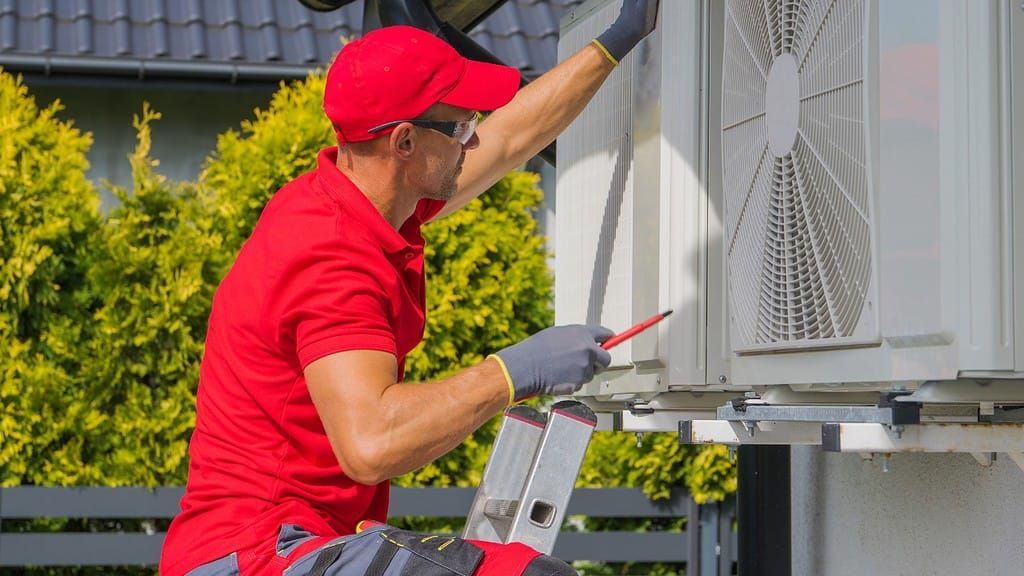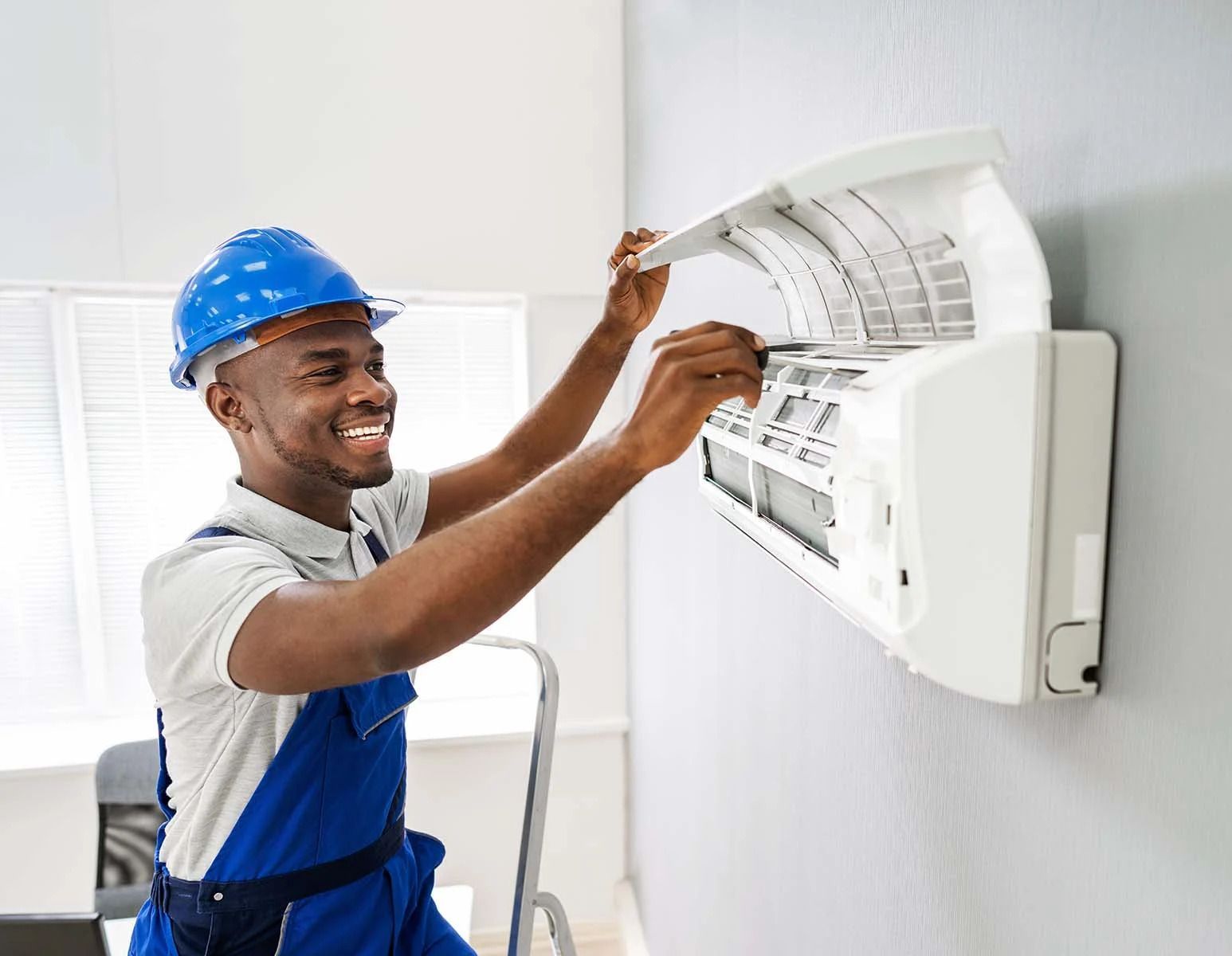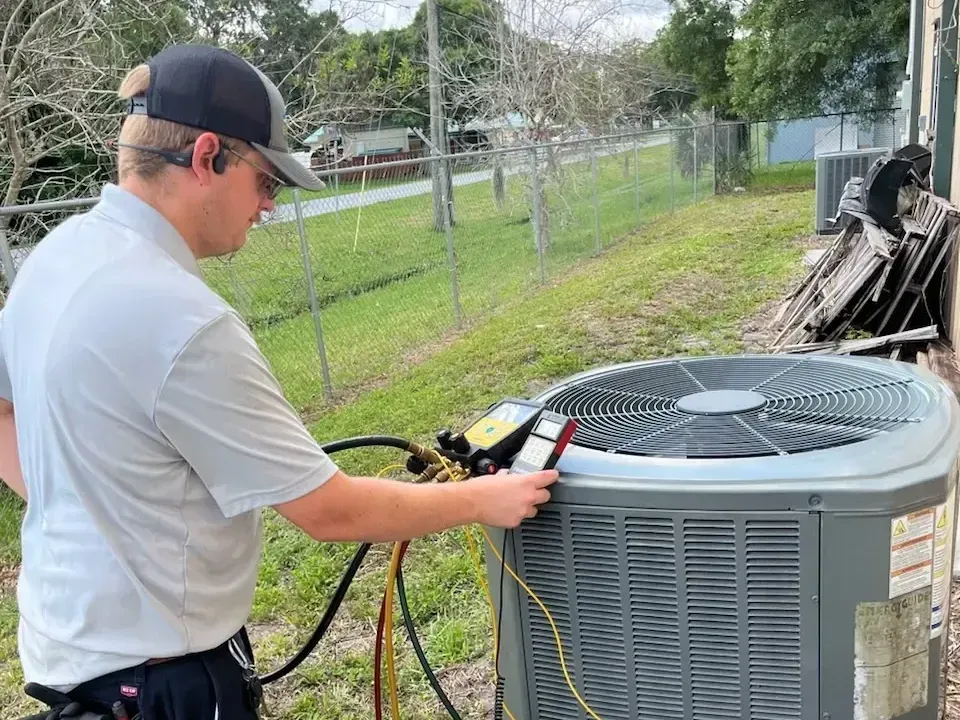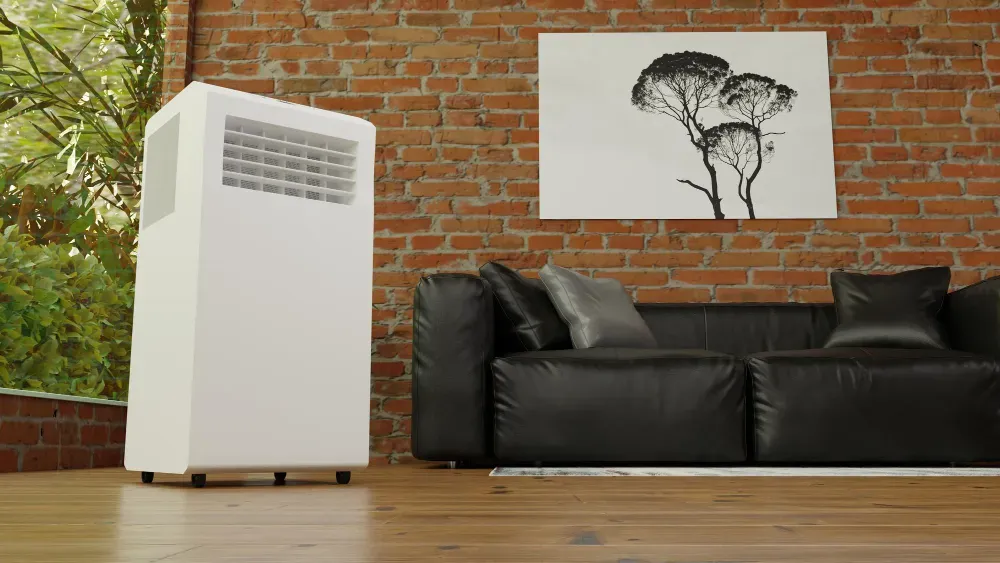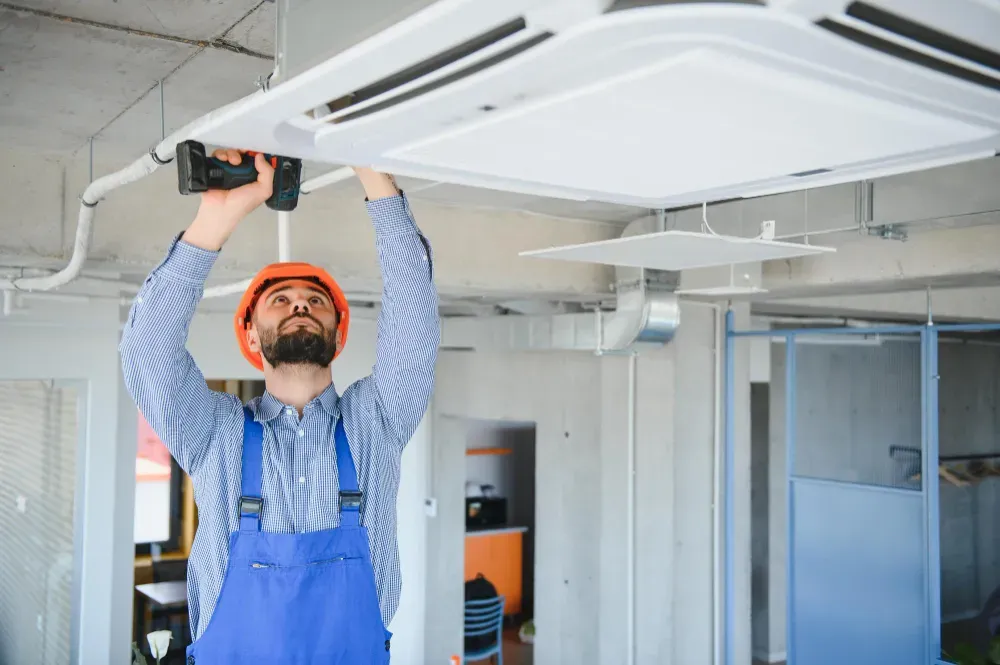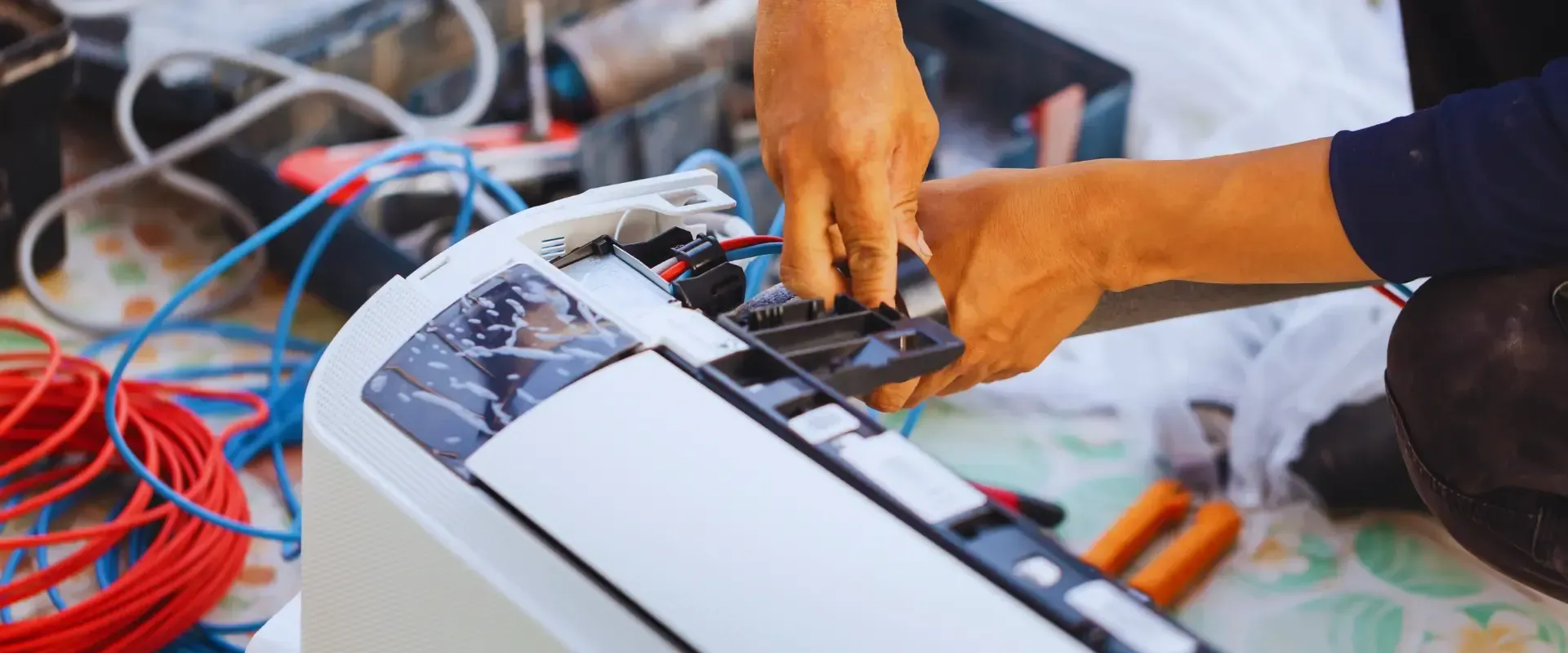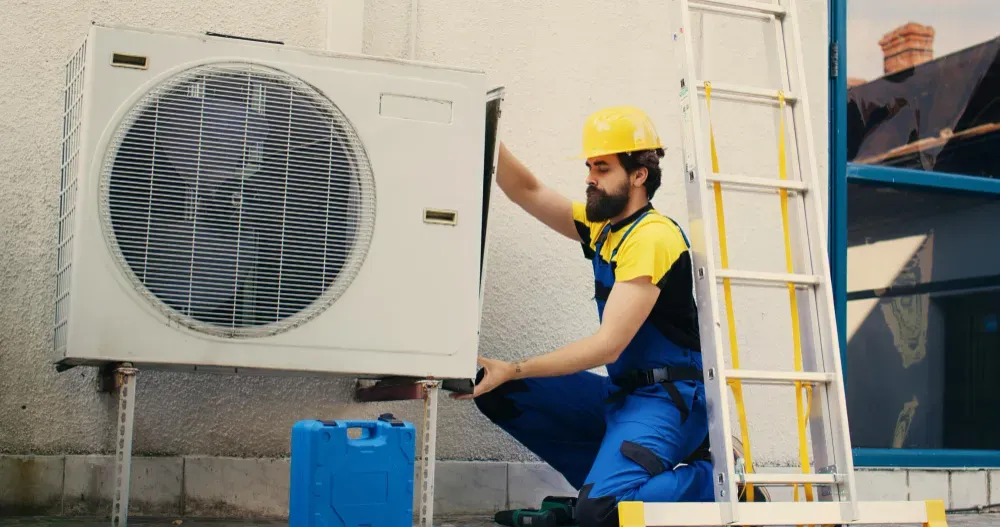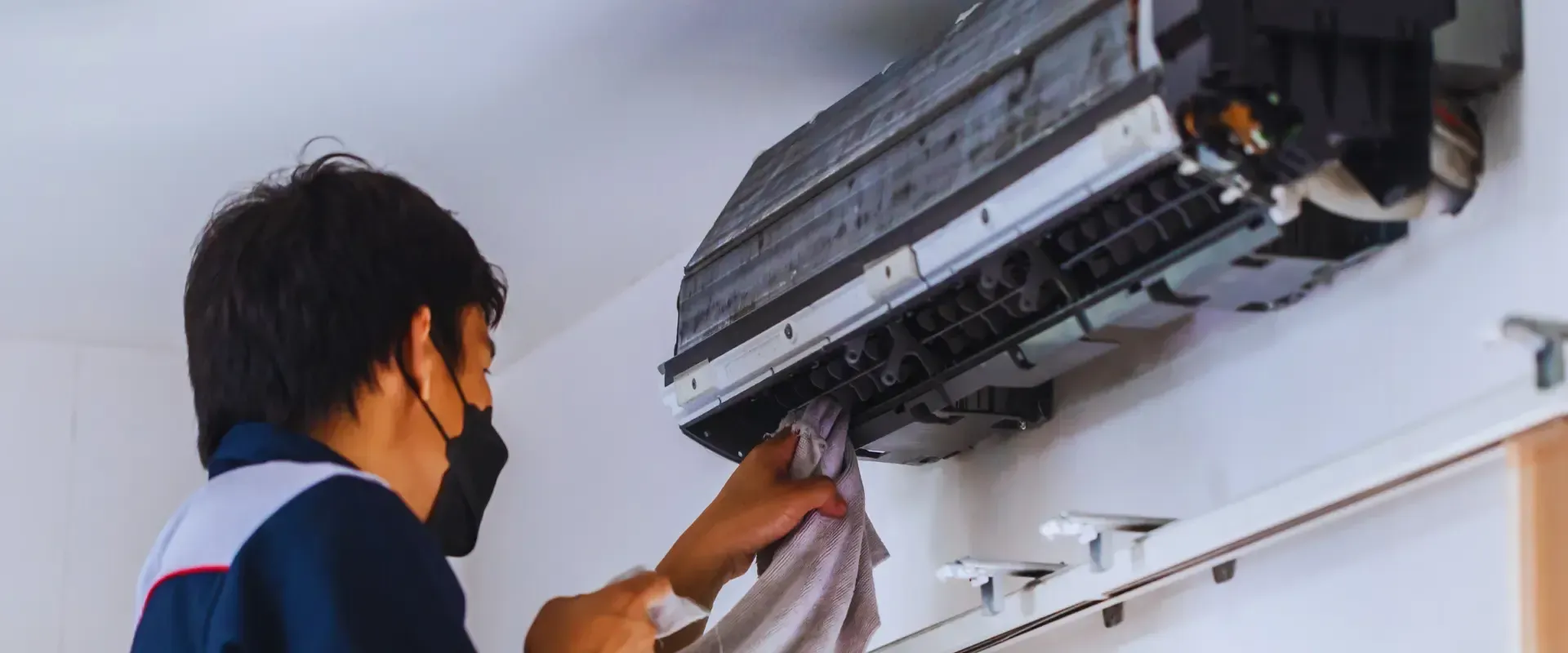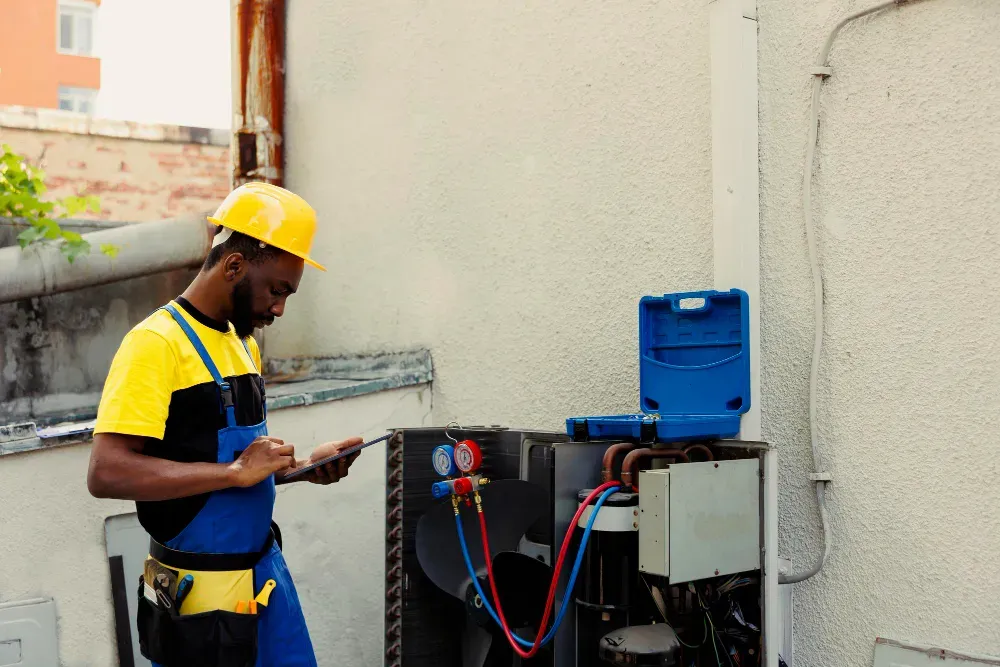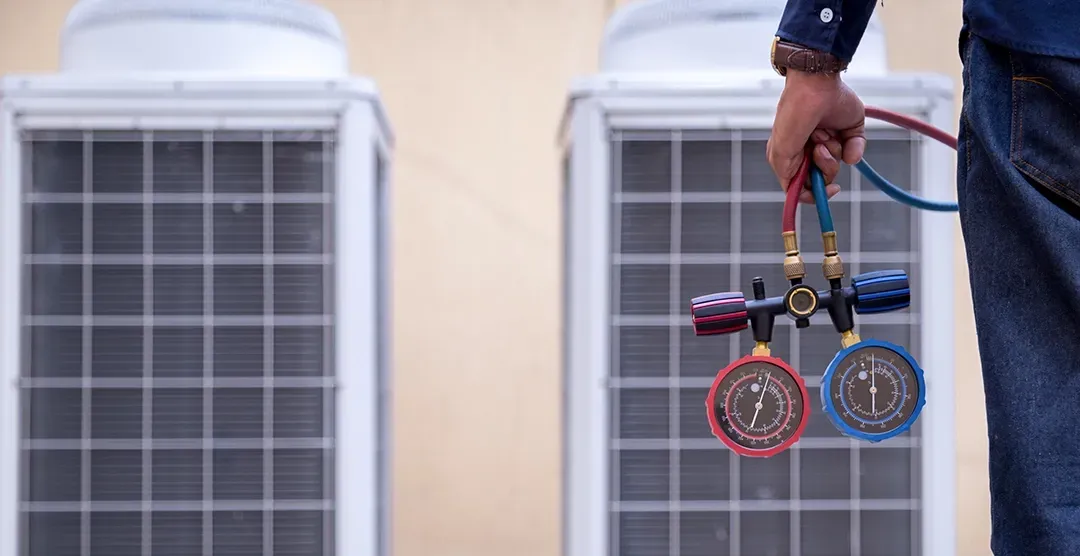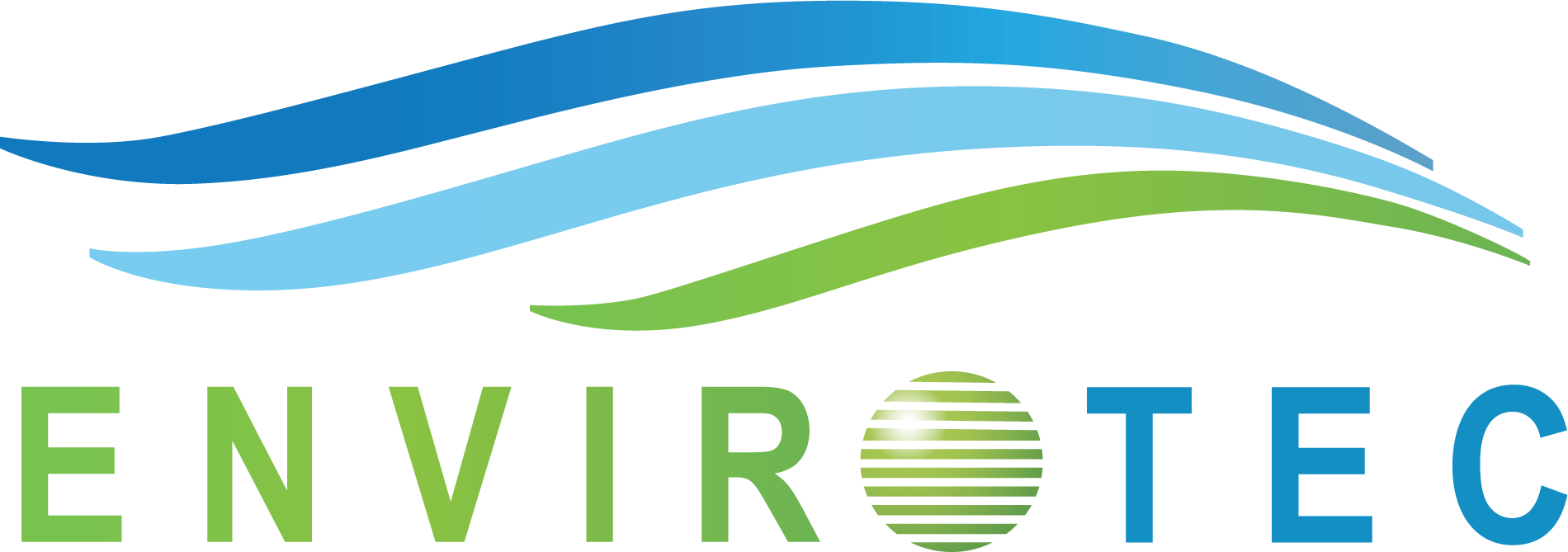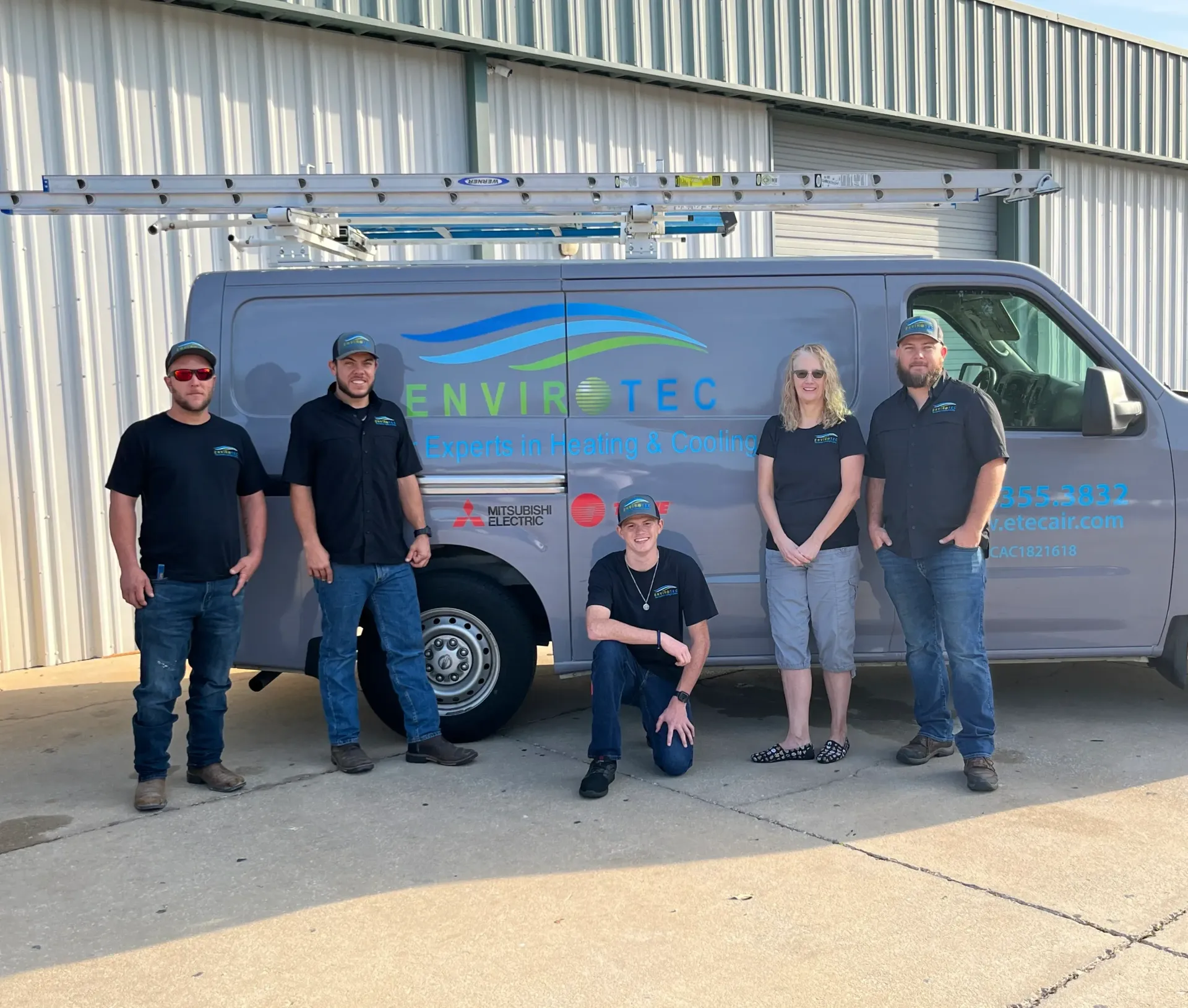The Evolution of the Modern Air Conditioner: A Cool Journey Through Time
Picture this: It's a sweltering summer day in Bradenton, FL. The sun beats down mercilessly, and the humidity feels like a warm, wet blanket. You step inside your home, and suddenly, a wave of cool, refreshing air washes over you. Ah, the magic of air conditioning! But have you ever wondered how we got here? How did we go from sweating it out to enjoying perfectly controlled indoor climates? Well, my friend, grab a cold drink and get comfy, because we're about to take a cool journey through time to explore the fascinating evolution of the modern air conditioner.
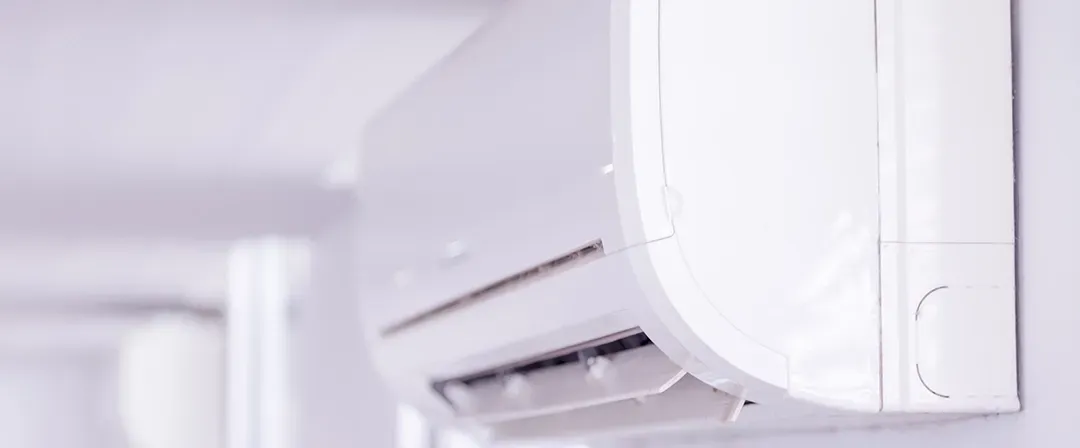
The Early Days of Cooling
Ancient Cooling Methods
Let's kick things off by rewinding the clock way back. Our ancestors were pretty clever when it came to beating the heat. They didn't have fancy machines, but they sure knew how to work with what they had.
In ancient Egypt, people would hang wet reeds in their windows. As the hot desert wind blew through, the water would evaporate, cooling the air inside. Pretty nifty, right? Meanwhile, in ancient Rome, they took things up a notch with their aqueduct system. Some wealthy Romans even circulated cool water through the walls of their homes. Talk about high-tech for the time!
The First Mechanical Cooling Systems
Fast forward to the 19th century, and we start seeing some real progress. In 1820, British scientist Michael Faraday discovered that compressing and liquefying ammonia could chill air when it evaporated. This was a huge breakthrough!
A few decades later, in 1851, Dr. John Gorrie, a physician in Florida (hey, that's our neck of the woods!), invented an ice-making machine. He used it to cool air for his patients, believing it could help treat diseases. While his machine wasn't a commercial success, it laid the groundwork for future air conditioning systems.
The Birth of Modern Air Conditioning
Willis Carrier and the Invention of Air Conditioning
Now we're getting to the good stuff! In 1902, a young engineer named Willis Carrier was tasked with solving a humidity problem at a printing plant in Brooklyn, New York. The high humidity was causing magazine pages to wrinkle, which was a big no-no in the printing world.
Carrier put on his thinking cap and came up with a system that could control both temperature and humidity. He called it an "Apparatus for Treating Air." This, my friends, was the birth of modern air conditioning as we know it.
Early Applications in Industry
At first, air conditioning wasn't about comfort – it was all about business. Carrier's invention was a game-changer for industries that needed precise temperature and humidity control. Textile mills, pharmaceutical companies, and even tobacco producers jumped on the air conditioning bandwagon.
Movie theaters were among the first public spaces to install air conditioning. In the sweltering summers of the 1920s and 30s, people flocked to theaters to enjoy the latest flicks and the cool air. Some theaters even advertised "It's 20 degrees cooler inside!" Talk about a marketing hook!
Residential Air Conditioning Takes Off
Window Units and Their Impact
After World War II, the American economy was booming, and people were ready to live in comfort. In 1945, Robert Sherman of Lynn, Massachusetts, invented an affordable window air conditioner. It was compact, inexpensive, and easy to install. Suddenly, air conditioning was within reach for the average homeowner.
Window units exploded in popularity. By the 1960s, you could spot them poking out of apartment windows all over the country. They weren't the most attractive things, but boy, did they make summer more bearable!
Central Air Conditioning Systems
As technology improved and homes got bigger, central air conditioning systems started to gain traction. These systems could cool an entire house evenly and were much quieter than window units. Plus, they didn't block your view or drip on passersby below!
Central air became a standard feature in new home construction, especially in hot climates like ours here in Bradenton, FL. It's hard to imagine a modern Florida home without it, isn't it?
Technological Advancements in Air Conditioning
Energy Efficiency Improvements
As air conditioning became more common, people started to worry about energy consumption. In the 1970s, the energy crisis pushed manufacturers to develop more efficient systems. The Seasonal Energy Efficiency Ratio (SEER) was introduced to help consumers compare the efficiency of different units.
Over the years, air conditioners have become increasingly energy-efficient. Modern units use way less electricity than their predecessors, which is good news for both our wallets and the environment.
Smart Thermostat Integration
Now, let's talk about one of my favorite advancements: smart thermostats. These nifty devices have taken air conditioning to a whole new level of convenience and efficiency.
With a smart thermostat, I can control my home's temperature from my smartphone, whether I'm on the couch or at the beach. They learn my preferences and adjust automatically, and some can even detect when I'm away and adjust accordingly. It's like having a tiny, energy-saving wizard in your home!
Environmental Concerns and Innovations
Refrigerant Evolution
Remember those early air conditioners? They used refrigerants that we later discovered were harmful to the ozone layer. Oops! But don't worry, we've come a long way since then.
The phase-out of ozone-depleting refrigerants like CFCs and HCFCs led to the development of more environmentally friendly alternatives. Today's air conditioners use refrigerants that have little to no impact on the ozone layer. We're not perfect yet, but we're definitely moving in the right direction.
Eco-Friendly Cooling Solutions
The push for sustainability has led to some really cool innovations in air conditioning. Here are a few that get me excited:
- Geothermal heat pumps that use the earth's constant underground temperature
- Solar-powered air conditioners that harness the sun's energy
- Ice-powered air conditioning that makes ice at night when electricity is cheaper and uses it to cool during the day
These technologies are still evolving, but they show promise for a more sustainable cooling future.
The Future of Air Conditioning
Cutting-Edge Technologies on the Horizon
Hold onto your hats, because the future of air conditioning looks pretty awesome. Scientists and engineers are working on some mind-blowing technologies:
- Thermoacoustic cooling, which uses sound waves to cool air
- Magnetic cooling, which uses changing magnetic fields to create a cooling effect
- Membrane-based dehumidification for more efficient humidity control
While these technologies are still in development, they could revolutionize how we think about cooling our homes and businesses.
Potential Impacts on Energy Consumption
As these new technologies emerge, we could see a dramatic reduction in energy consumption related to cooling. This is crucial as we face the challenges of climate change and increasing global temperatures.
Imagine a future where keeping cool doesn't mean cranking up the electricity usage. It's not just a pipe dream – it's a goal that researchers and manufacturers are actively working towards.
Air Conditioning in Bradenton, FL
Unique Challenges of Florida's Climate
Living in Bradenton, FL, we know a thing or two about heat and humidity. Our subtropical climate presents some unique challenges when it comes to air conditioning:
- High humidity levels that make it feel even hotter
- Long, hot summers that keep our AC units working overtime
- Salt air from the nearby Gulf that can be tough on outdoor units
These factors make having a reliable, efficient air conditioning system not just a luxury, but a necessity for comfortable living.
Local HVAC Trends and Solutions
Here in Bradenton, we're seeing some exciting trends in the HVAC industry:
- Increased adoption of high-efficiency systems to combat high energy bills
- Growing interest in smart home integration for better climate control
- Rising popularity of ductless mini-split systems for more targeted cooling
As a local, I've noticed more and more of my neighbors opting for regular maintenance plans to keep their systems running smoothly year-round. It's a smart move in our climate!
Maintaining Your Modern Air Conditioner
Regular Maintenance Tips
Taking care of your air conditioner isn't just about comfort – it's about saving money and extending the life of your system. Here are some tips I swear by:
- Change or clean your air filters regularly (every 1-3 months)
- Keep your outdoor unit clear of debris
- Clean your air conditioner's coils annually
- Check and clean your condensate drain line to prevent clogs
- Schedule professional maintenance at least once a year
When to Call a Professional
While there's a lot you can do yourself, some things are best left to the pros. If you notice any of these issues, it's time to contact a professional:
- Unusual noises coming from your unit
- Weak airflow or warm air coming from your vents
- Frequent cycling on and off
- Unexplained spikes in your energy bill
- Water leaks around your indoor unit
Remember, a well-maintained air conditioner is an efficient air conditioner. And in Bradenton's heat, efficiency is key!
Conclusion
Whew! What a journey we've been on, from the simple cooling methods of ancient civilizations to the high-tech air conditioners of today. It's amazing to think how far we've come in our quest for comfort.
As we look to the future, it's clear that air conditioning will continue to evolve. With new technologies on the horizon and a growing focus on energy efficiency and sustainability, who knows what cool innovations we'll see next?
One thing's for sure – here in Bradenton, FL, we'll be keeping a close eye on these developments. After all, staying cool isn't just a luxury for us – it's a way of life!
So the next time you walk into your perfectly climate-controlled home on a sweltering Florida day, take a moment to appreciate the incredible journey that made it possible. And maybe, just maybe, give your hardworking air conditioner a little pat of appreciation. It's earned it!
Key Takeaways
- Air conditioning has evolved from simple evaporative cooling methods to complex, energy-efficient systems.
- Willis Carrier's 1902 invention marked the birth of modern air conditioning.
- Residential air conditioning became widely available in the mid-20th century, dramatically changing how we live.
- Technological advancements have led to more energy-efficient and environmentally friendly cooling solutions.
- The future of air conditioning looks promising, with innovative technologies on the horizon.
- In hot, humid climates like Bradenton, FL, proper maintenance and choosing the right system are crucial for comfort and efficiency.
FAQs
- Q: When was air conditioning invented? A: Modern air conditioning was invented in 1902 by Willis Carrier, although earlier forms of mechanical cooling existed before that.
- Q: How does air conditioning impact energy consumption? A: Air conditioning can account for a significant portion of a home's energy use, especially in hot climates. However, modern, energy-efficient units use much less electricity than older models.
- Q: Are there any eco-friendly alternatives to traditional air conditioning? A: Yes, alternatives like geothermal cooling, solar-powered air conditioners, and evaporative coolers offer more environmentally friendly options.
- Q: How often should I service my air conditioner? A: It's recommended to have your air conditioner professionally serviced at least once a year, typically in the spring before the cooling season begins.
- Q: Can air conditioning make you sick? A: Properly maintained air conditioning shouldn't make you sick. However, poorly maintained systems can spread allergens or harbor mold, which could cause health issues.
Remember, if you're in the Bradenton area and need help with your air conditioning system, don't hesitate to reach out to us. We're here to help you stay cool and comfortable all year round!
